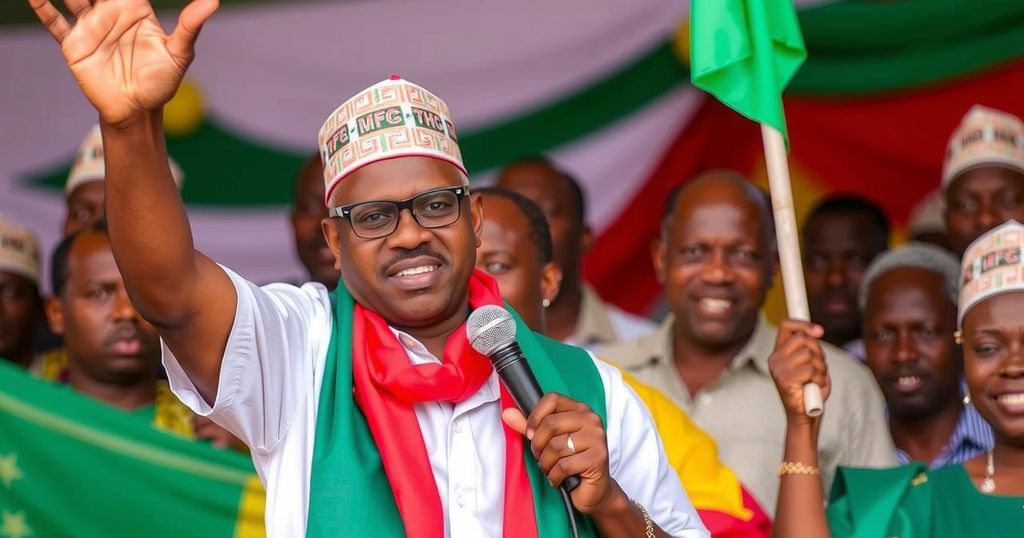Chad’s ruling Patriotic Salvation Movement won a parliamentary majority in an election boycotted by several opposition parties. The turnout was 51.56% for the elections, which the government claims is a step towards democratic transition. Deby, having taken office after his father’s death in 2021, has shifted Chad’s political alliances, recently halting military cooperation with France and thwarting security threats against his presidency.
Chad’s parliamentary elections held last month have culminated in a decisive victory for President Mahamat Idriss Deby’s ruling party, the Patriotic Salvation Movement (MPS). The National Elections Management Agency (ANGE) announced that the MPS secured 124 out of 188 seats in the National Assembly, with a reported voter turnout of approximately 51.56%. This election, however, was marred by controversy as multiple opposition parties chose to boycott, citing significant transparency concerns. In response, Deby’s government proclaimed the elections as a crucial step towards democratic transition.
Despite the absence of opposition participation, the results highlight the complexities of Chad’s political landscape. The ANGEs’ director, Ahmed Bartchiret, noted that 38 political groups will have representation in the assembly, although details regarding the allocation of seats among non-MPS members remain vague. This scenario echoes the patterns observed in previous elections, reflecting persistent challenges within the democratic processes of the nation.
President Deby rose to power following the assassination of his father, who had ruled Chad for three decades, during a conflict in 2021. Deby’s administration has since taken significant steps in altering Chad’s international relations, including terminating military cooperation with France and considering withdrawal from regional security collaborations. This aligns with trends in West Africa, as nations like Mali and Niger pivot away from French influence towards building ties with Russia. Furthermore, the Chadian government has recently thwarted an alleged attack aimed at destabilizing the presidency, illustrating the volatile security situation in the country.
The electoral process in Chad has been fraught with challenges, particularly regarding the inclusivity and transparency of elections. President Mahamat Idriss Deby assumed leadership after the death of his father, Idriss Déby, who had governed for 30 years. The current regime’s relationship with France has soured, reflecting broader regional shifts as multiple nations turn away from former colonial powers and navigate new geopolitical alliances. The ruling party’s claims of democratic progression continue to face skepticism, especially from opposition factions who have been historically marginalized in these political processes.
In conclusion, the recent elections in Chad have reaffirmed President Deby’s dominance amidst charges of transparency issues and political discontent. The ruling Patriotic Salvation Movement has secured a majority, yet the boycotting of the election by opposition groups raises significant questions about the validity of the democratic process in Chad. The government’s stance on military relations and security threats further complicates the political landscape, foreshadowing ongoing instability as the nation seeks to navigate its path forward.
Original Source: www.dw.com






